In a stall off a narrow, winding alley of Baghdad’s oldest market, Ahmed Khalaf sells the smallest luxuries: nail polish, plastic hair barrettes, colored pencils.
Even during the pandemic, by midmorning the stalls in Shorja market would normally be thronged with shoppers buying food staples and household goods. But last week the aisles were nearly empty.
“Our customers are mostly government employees, but as you can see they’re not coming,” said Mr. Khalaf, 34.
His troubles are a ground-level indicator of what economists say is the biggest financial threat to Iraq since Saddam Hussein’s time. Simply put, Iraq is running out of money to pay its bills.
Last month, Iraq devalued its currency, the dinar, for the first time in decades, immediately raising prices on almost everything in a country that relies heavily on imports. And last week, Iran cut Iraq’s supply of electricity and natural gas, citing nonpayment, leaving large parts of the country in the dark for hours a day.
“I think it’s dire,” said Ahmed Tabaqchali, an investment banker and senior fellow at the Iraq-based Institute of Regional and International Studies. “Expenditures are way above Iraq’s income.”
The financial crisis threatens to destabilize the country, whose government was ousted a year ago after mass protests over corruption and unemployment.
Many Iraqis fear that despite Iraqi government denials there will be more devaluations to come.
“Everyone is afraid to buy or sell,” said Mr. Khalaf, who turned to business when he couldn’t find a job with his degree in sociology.
He imports flour from Turkey in dollars, selling flour at about $22 per sack, but last week he raised the price to $30.
“Normally at a minimum I would sell 700 to 1,000 tons a month,” he said. “But since the crisis started we have only sold 170 to 200 tons.”
A restaurant manager who popped in to ask about the new price of flour, Karam Muhammad, said there was not much demand for it. Restaurants, he said, have been mostly empty because of the pandemic and the financial crisis.
While the currency devaluation took most Iraqis by surprise, the economic and financial crisis has been years in the making.
Public sector salaries and pensions cost the government about $5 billion a month, but its monthly oil revenue recently has reached only about $3.5 billion. Iraq has been making up the shortfall by burning through its reserves, which some economists say are already insufficient.
The International Monetary Fund concluded in December that the country’s economy was expected to have contracted by 11 percent in 2020. It urged Iraq to improve governance and reduce corruption.
The financial crisis could mean the end of this corruption-riddled patronage system.
“Every government, they’ve managed to buy out more and more but that buying of loyalty, that buying of acquiescence is over,” Mr. Tabaqchali said by phone from London.
The high public payroll has left little spending on infrastructure. Iraq’s economy has also been hit by the coronavirus pandemic, with many workers in the already weak private sector losing their jobs.
Mr. Tabaqchali and other economists said the devaluation was a difficult but necessary step in helping Iraqi businesses. With the cost of imports rising, Iraqi goods such as farm produce can more easily compete.
Adding to the misery has been Iraq’s limited ability to pay Iran for electricity and natural gas. Iraq is not allowed to transfer cash to Iran, but instead it sends food and medicine in exchange for natural gas and electricity. Iran says it is owed the equivalent of more than $5 billion.
“Iraq can’t pay all the debt to Iran,” said Abdul Hussein al-Anbaki, an economic adviser to Prime Minister Mustafa al-Kadhimi. “Iran is also facing an economic crisis and we cannot buy gas without paying.”
The sanctions, aimed at forcing Iran to accept stronger restrictions on its nuclear program and to curb its support for foreign militias, have blacklisted its banking system.
“For the Iraqis, it is difficult because the mechanism to pay them is almost nonexistent because obviously the Americans are monitoring the situation very closely,” said Farhad Alaaldin, chairman of the Iraq Advisory Council, a policy research institute.
That Iraq, one of the world’s largest oil producers, cannot reliably supply electricity to its citizens and has to import electricity is symptomatic of the dysfunction that led to antigovernment protests last year and brought down the previous government.
Mr. Alaaldin and others said the financial crisis could lead to renewed protests and struggles between armed groups to control Iraq’s increasingly limited resources.
Iraq’s energy infrastructure has suffered from three devastating wars since the 1980s. More than a decade of sweeping American-led sanctions imposed on the Hussein government in the 1990s crippled Iraq’s economy. Airstrikes in the American-led war to drive Iraq from Kuwait in 1991 destroyed refineries and power plants. And since the American-led invasion of Iraq overthrew Mr. Hussein in 2003, corruption and incompetence have prevented Iraq from fully restoring electricity.
Haifa Jadu, 55, who had come to Shorja market to buy sesame seeds and walnuts, said she and her husband, a retiree who is blind, had simply done without electricity for large parts of the day.
“We used to pay money to a generator owner, but we haven’t bought power for four months because he increased the price,” she said. She said the walnuts she bought a month ago for about $3.50 a pound were now almost $5 and out of reach.
The government has proposed sweeping measures to try to bolster the economy, including tax increases, in a plan now before Parliament. But many politicians are counting on the prospect of increased oil prices this year to delay passing what economists say are urgently needed reforms.
Until that happens, unemployment is expected to grow as about 700,000 young people enter the job market each year. With few jobs to go around, they are likely to join what has become a permanent underclass of the poor and dispossessed.
Near Shorja market, Amar Musa, wearing a black mask and a military-style olive green coat, had set up artificial Christmas trees and tinsel garlands to sell on the busy main street to his Orthodox Christian customers, who celebrate the holiday in January.
Mr. Musa, 45, graduated from a technical college with a mechanic’s diploma but says he has never been able to find a job in his field. Standing next to a white Christmas tree with a deflated mylar Santa impaled on its metal branches, he explained he had a shop that went out of business and now drives a taxi.
Like many Iraqis, he also writes poetry. Asked to recite one of his poems, he pulled a cigarette out of a package, broke it in half and threw it on the ground.
“I am like a cigarette,” he said. “I burn and like a butt I would be thrown away. Do not talk to me about the homeland. We are poor and our homeland is the grave.”
Source (Click Here)

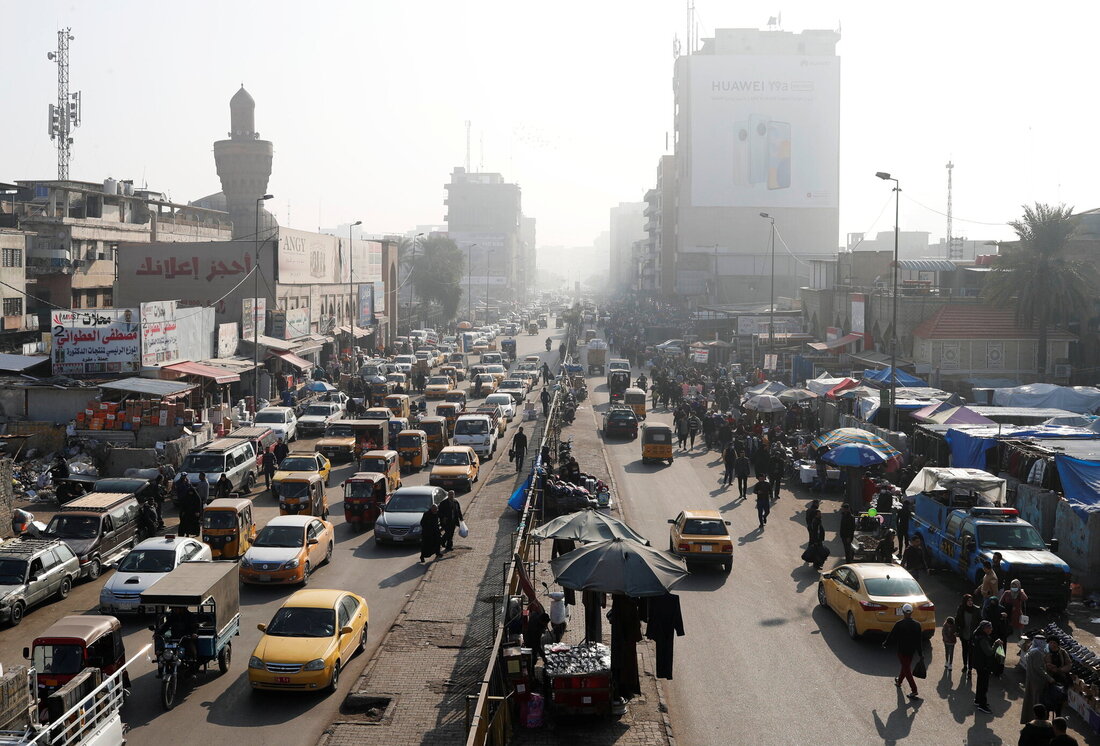
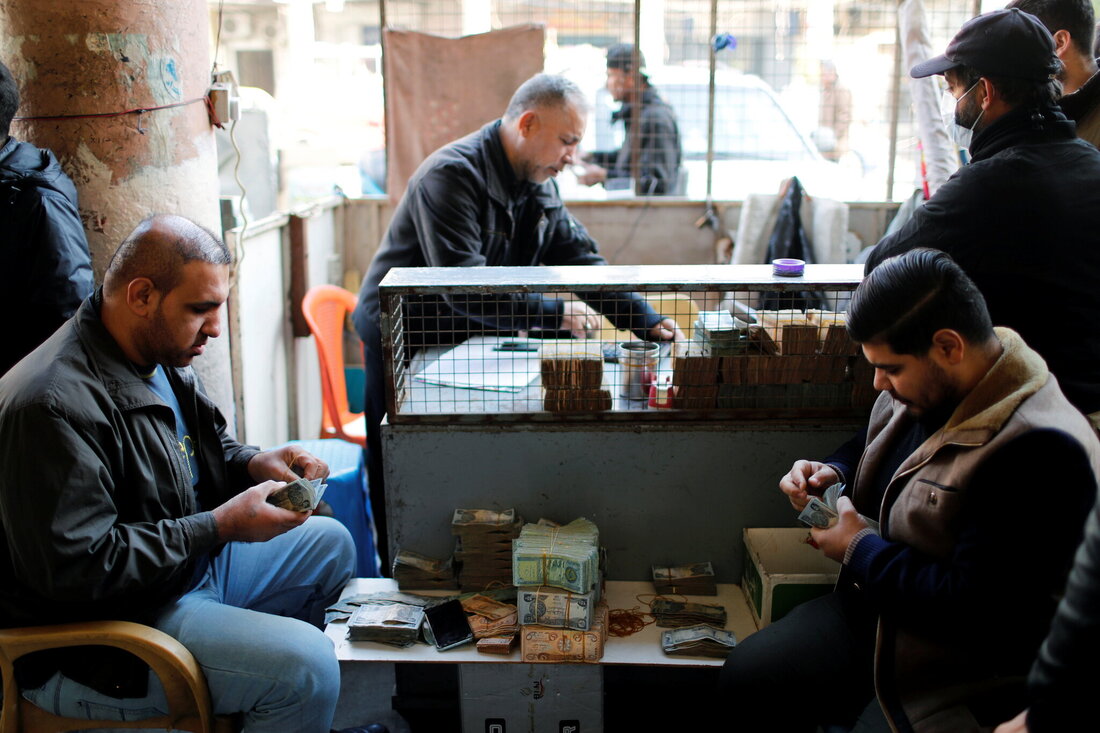
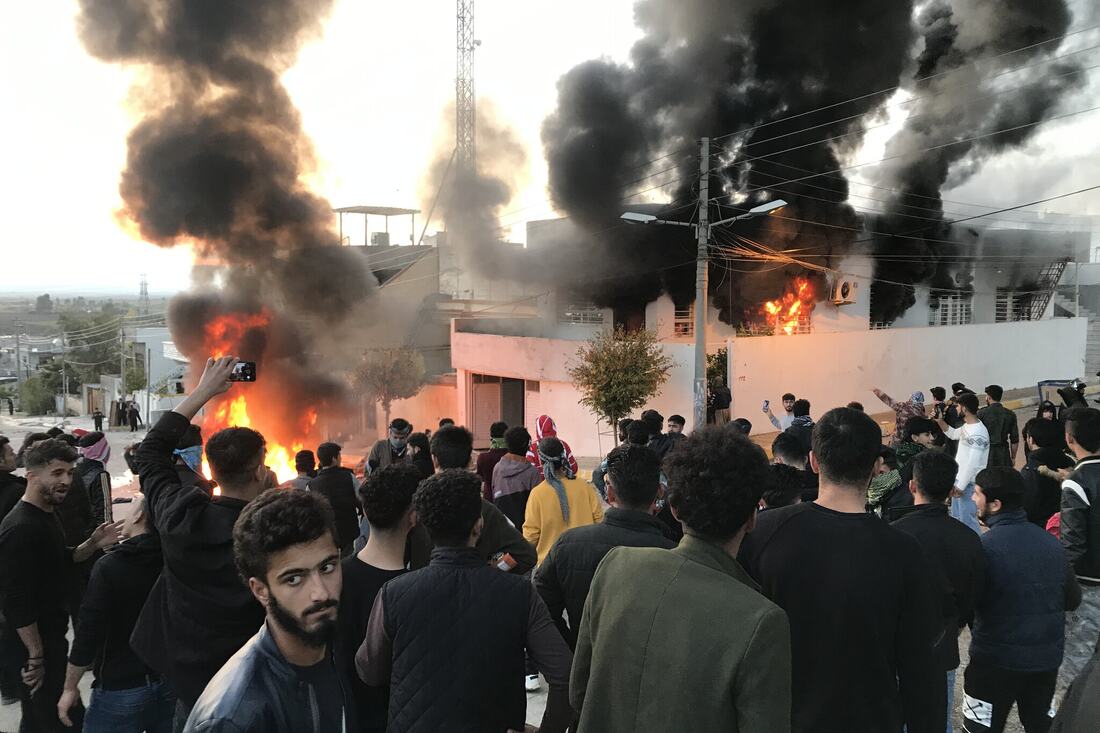
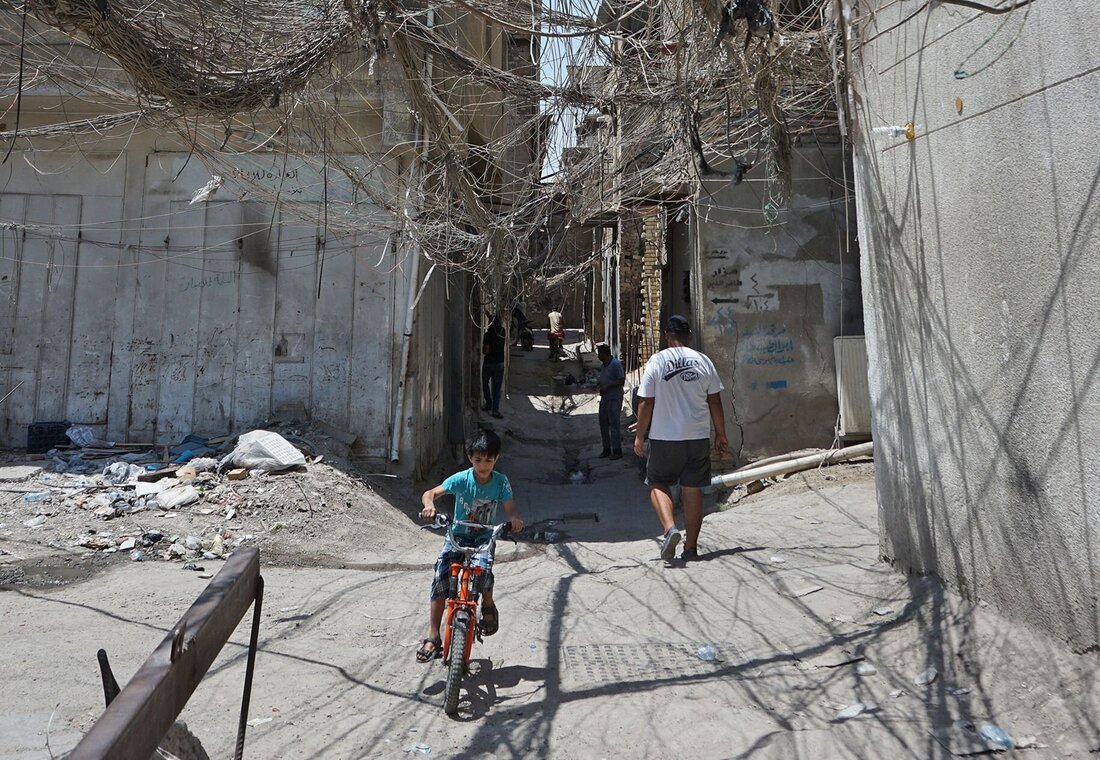
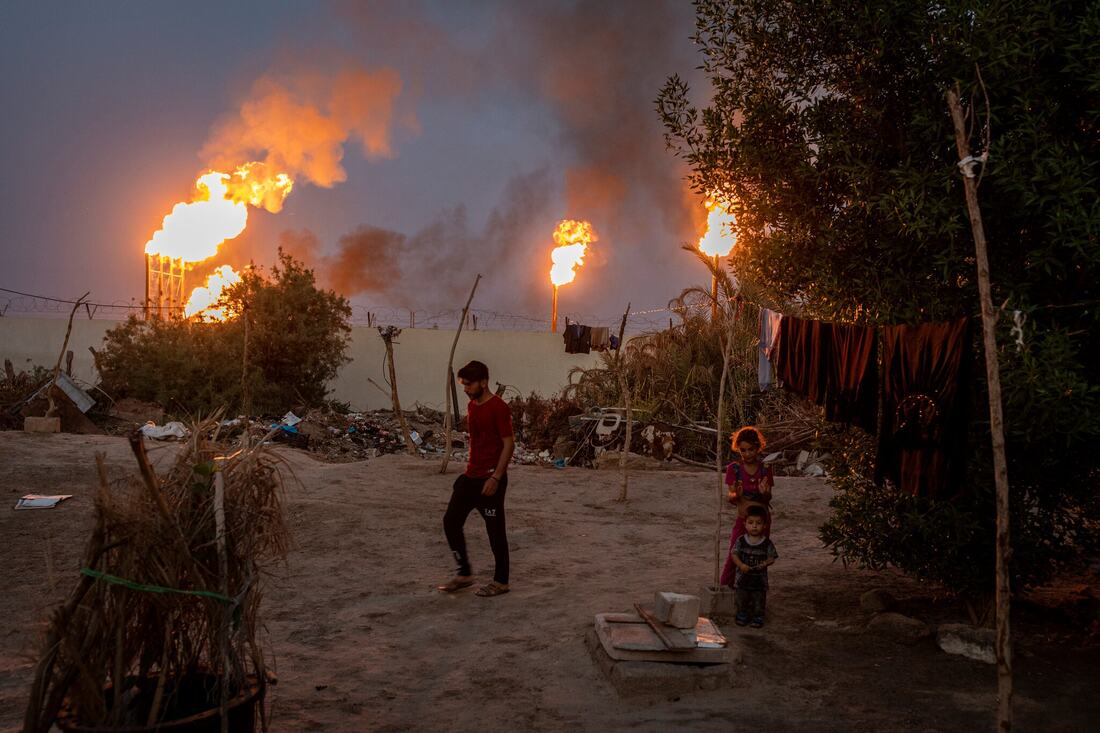
 RSS Feed
RSS Feed